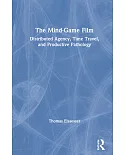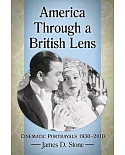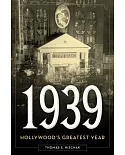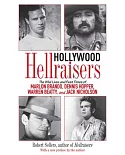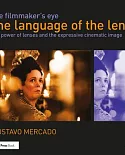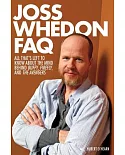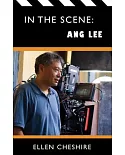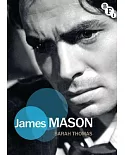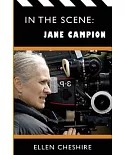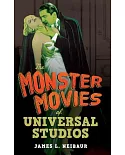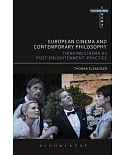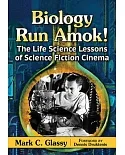Alfred Hitchcock is often held up as the prime example of the one-man filmmaker, conceiving and controlling all aspects of his films’ development--the archetype of genius over
collaboration. An exhibition at the Block Museum of Art at Northwestern University, however, put the lie to Hitchcock-as-auteur, presenting more than seventy-five sketches, designs,
watercolors, paintings, and storyboards that, together, examine Hitchcock’s very collaborative filmmaking process. The four essays in this collection were written to accompany the
exhibition and delve further into Hitchcock’s contributions to the collaborative process of art in film.
Scott Curtis considers the four functions of Hitchcock’s sketches and storyboards and how they undermine the impression of Hitchcock as a lone artist. Tom Gunning examines the visual
vocabulary and cultural weight of Hitchcock’s movies. Bill Krohn focuses sharply on the film I Confess, tracking its making over a very cooperative path.
Finally, Jan Olsson draws on the television series, Alfred Hitchcock Presents, to show the ways that
collaboration contributes to the formation of his well known public persona. Anchored by editor Will Schmenner’s introduction, this book represents an important contribution to Hitchcock
scholarship and a provocative glimpse at his unsung strength as a collaborative artist.


